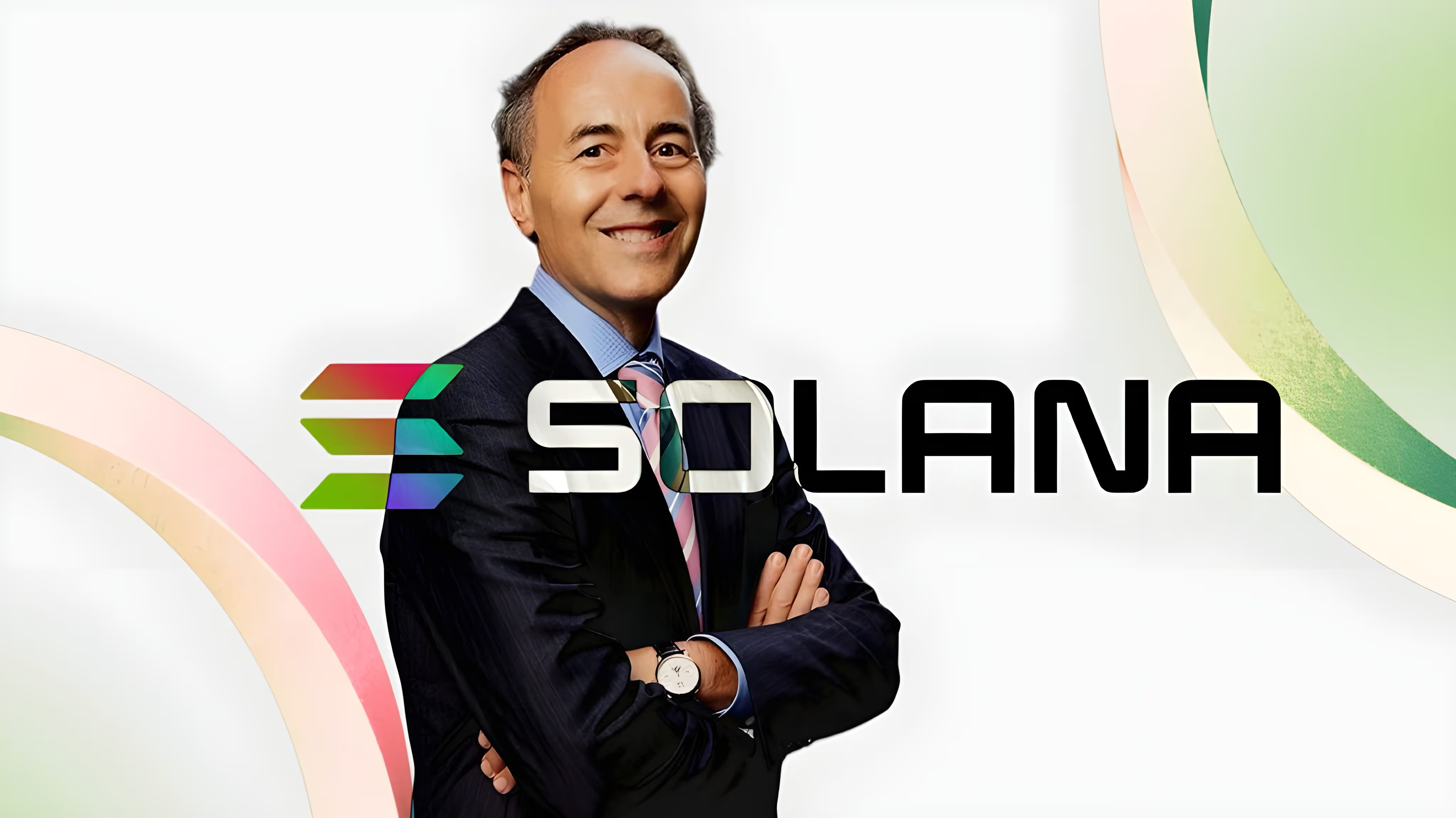VanEck’s Staked Solana ETF Proposal Sparks a New Debate in Crypto-Regulated Finance

The recent move by VanEck to file for a staked solana exchange-traded fund represents a bold leap into the integration of crypto assets into mainstream finance. This initiative, which involves launching a product that captures both the price and the staking rewards of Solana, proposes to blend traditional finance structures with the innovative yield mechanisms from blockchain technology. On one hand, proponents are hailing this as the evolution of financial products, offering investors an opportunity to capitalize on Solana's unique staking benefits within a regulated marketplace.
VanEck's proposal, submitted as an S-1 registration with the U.S. Securities and Exchange Commission, marks the first step towards potentially redefining how ETFs can gain income rather than simply tracking an asset's performance. By blending the yield of staked crypto assets with the accessibility of an ETF, VanEck, alongside other major players such as Fidelity and Grayscale, hopes to create new investment avenues that capture digital innovation.
Regulation, however, remains the elephant in the room. The SEC has posed challenges for the integration of novel crypto-based products due to evolving regulatory frameworks that require ETFs to fit within traditional guidelines. SEC Chair Paul Atkins emphasized the necessity for adaptability in the SEC's rules at a recent panel in Jackson Hole, noting that the commission is trying to unclog the regulatory bottlenecks that stifle technological progress. His remarks hint at a potential shift to more flexible regulations that could foster the growth of diverse crypto asset products, yet the complexity and ambiguity in current guidelines still present a steep hill to climb.
Opponents of crypto ETFs argue that the volatility inherent in digital assets, coupled with the fledgling state of regulatory guidelines, could spell disaster for traditional investors. Concerns revolve around whether these instruments can really integrate seamlessly within the confines of secure and regulated financial markets. Critics suggest that despite SEC's intentions to clear regulatory bottlenecks, the risks associated with liquid staking tokens left unchecked could lead to market inconsistencies.
Yet, advocates argue that the forward-looking approach seen in the acceptance of staking and income-based crypto products is a necessary step in aligning the financial industry with technological advances. The potential for earnings through staking presents a lucrative opportunity for investors willing to embrace a fusion of traditional and modern finance. The willingness of major asset firms to step into this space demonstrates both confidence in long-term viability and an acknowledgement of the shifting investment paradigm.
So, whether the staked Solana ETF by VanEck receives regulatory approval or not, the conversation around it signals a broader shift. While challenges remain in balancing innovation and regulation, this filing represents more than just a single company's proposal; it epitomizes the ongoing evolution of finance in a digital age. As the SEC navigates its evolving stance, the outcome of VanEck's proposal could well chart new courses for the future of traditional financial products intertwined with crypto technology.

